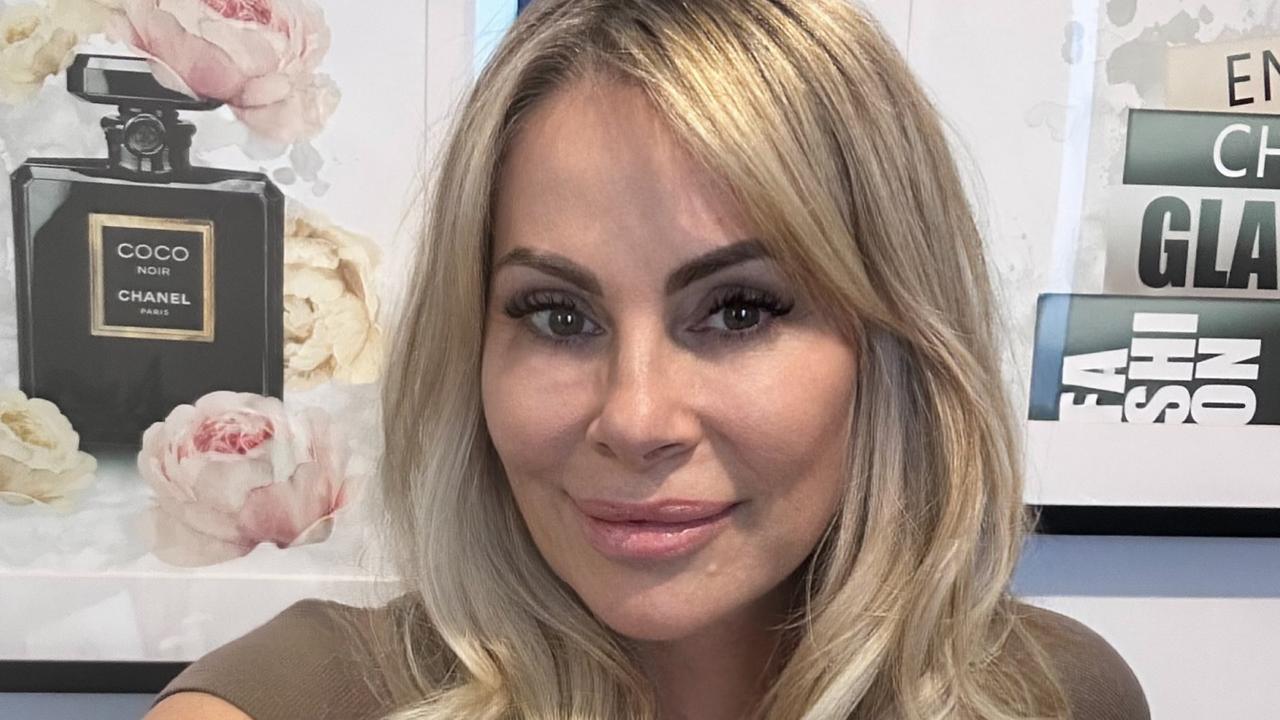Australia’s cosmetic industry is being overhauled with new rules for injectables: Here’s what you need to know
A raft of new safeguards aimed at protecting Australians undergoing cosmetic procedures from dodgy operators are coming. Here’s what you need to know.
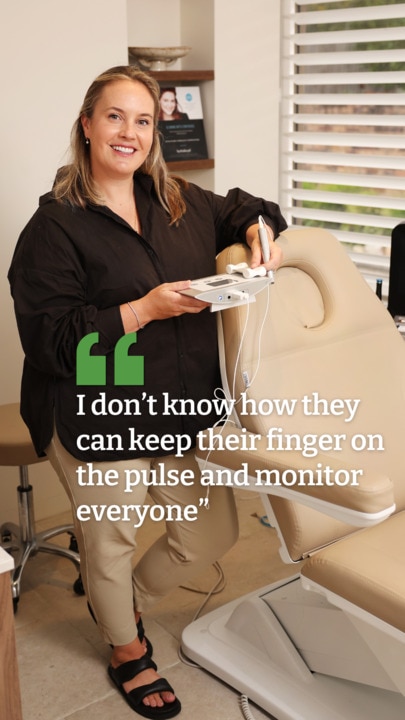
Cosmetic Health
Don't miss out on the headlines from Cosmetic Health. Followed categories will be added to My News.
The nation’s booming billion-dollar cosmetic industry will be overhauled with a raft of new safeguards aimed at protecting Australians undergoing cosmetic procedures from dodgy operators.
The Australian Health Practitioner Regulation Agency (AHPRA) — the national regulator — has introduced sweeping new guidelines for dentists and nurses who perform non-surgical cosmetic injectable procedures and stricter rules around advertising.
The new rules aim to clamp down on those in the industry putting profits ahead of patient safety.
Here’s what you need to know.
Who will the guidelines apply to?
The guidelines apply to all registered health practitioners who perform or advertise non-surgical cosmetic procedures, bringing them in line with existing guidelines for medical practitioners who are regulated by their own strict standards and guidelines.
Why is AHPRA introducing new guidelines?
Nurses and dentists — who have been operating in the cosmetic injectable industry for years without having to undertake extra education and training — will now be required to do so before they can work in the field.
While many are now skilled at the practice, the new rules will ensure anyone moving into the field has enough training. Nurses and dentists have until September to prepare for the changes and ensure they are compliant with the new guidelines, which align with those already in place for doctors. Non-compliance will result in action being taken against the practitioner.
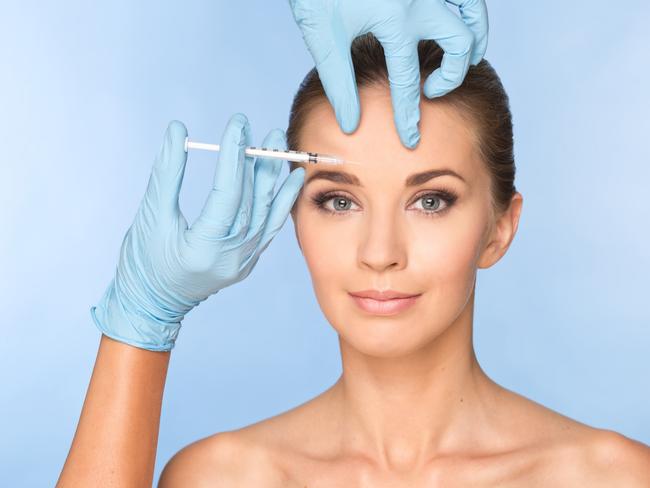
What is the main goal of these guidelines?
The primary goal is patient welfare and safety and to ensure greater protections for young Australians by introducing new practice guidelines that will bring all registered health practitioners in line with medical practitioners, who already have their own guidelines.
The changes will also make it increasingly harder for non-registered practitioners and clinics to operate like those recently outed in media reports for using off-brand and out-of-date dermal fillers and Botox that led to multiple hospitalisations after patients became ill with botulism.
Prescribing practitioners too will be more closely monitored after Aphra found scripts for Botox were being issued in under a minute during telehealth consults without patients being properly informed of the risks.
The new guidelines clearly define the obligation of practitioners to place patient welfare before profit and stressing that the prescriber remains responsible for patient care, regardless of whether or not they performed the procedure.
When do these new guidelines take effect?
The guidelines come into effect on September 2, 2025. Advance copies are currently available.
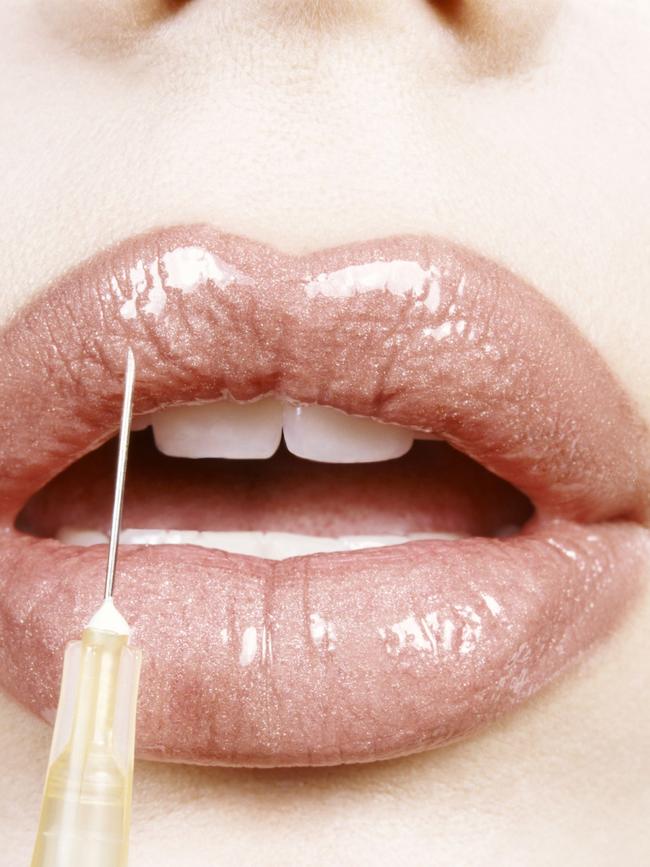
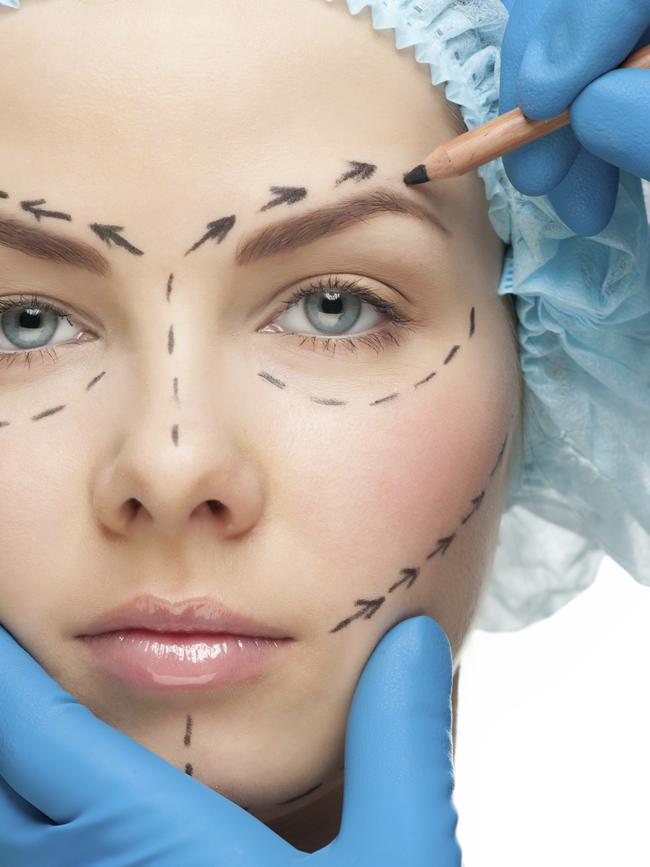
What are the new rules?
1 - Education and training — From September, any practitioner wanting to work with cosmetic injectables will need to undertake further education and training.
Nurses wanting to move into the non-surgical cosmetic field must have completed 12 months of full-time practice before they can work in this area. They will also need training in anatomy and physiology, education in assessing patients for suitability for the procedure and have undertaken both theoretical and hands-on training in the specific procedure being offered.
2 - Patient rights — Information must be given in writing that states what the procedure involves, the health practitioner who prescribed the cosmetic injectable, the practitioner who performed the procedure, the details of the products used, what after-care is needed and who is responsible for co-ordinating the patient’s care.
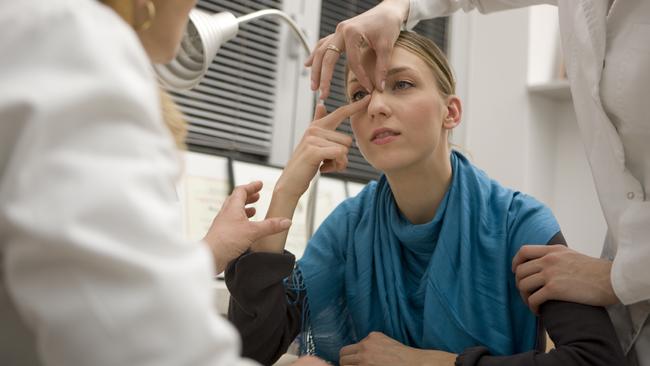
3 - Advertising — There will be a ban on advertising targeting under 18s. An existing ban on practitioners or clinics using testimonials from social media influencers will be strengthened by new rules requiring advertisements to include information about the practitioner performing the procedures and new measures aimed at stopping the trivialisation or sexualisation of a cosmetic procedure.
Anyone under 18 considering non-surgical cosmetic procedures will have a mandatory seven-day cooling off period between their first consultation and any procedures.
■ The Australian Health Practitioner Regulation Agency (AHPRA) and National Boards have published advance copies of the Guidelines for practitioners who perform non-surgical cosmetic procedures and the Guidelines for practitioners who advertise higher risk non-surgical cosmetic procedures, which will strengthen safeguards across the industry when they come into effect on September 2 2025.
How has the industry reacted?
Dr Lily Vrtik, President of the Australasian Society of Aesthetic Plastic Surgeons (ASAPS), the peak body for plastic surgeons in Australia and New Zealand, said continuing professional development (CPD) is critical to improve.
“A critical area for urgent improvement is continuing professional development (CPD). CPD is a condition of health professional registration,” she said.
“Practitioners who perform cosmetic injectable procedures should undertake regular, evidence-based training updates that are specific to cosmetic medicine and that include a strong emphasis on ethical practice.
“CPD is a formal indicator that a healthcare practitioner is staying up to date with evolving clinical standards, products, and innovations.
“These new guidelines now stipulate that CPD should be in the area of their practice (i.e. cosmetic medicine), but alarmingly, there is no minimum quality standard for the CPD educational activity and no plan for enforcement.
“Cosmetic non-surgical treatments are no different to any other medical treatments - they should be provided and undertaken with meticulous clinical practice and the same clinical precautions.
“The focus of these treatments is to provide good healthcare, minimisation of risks, and informed consent to facilitate true patient autonomy, placing patient safety as the paramount priority.”
More Coverage
Originally published as Australia’s cosmetic industry is being overhauled with new rules for injectables: Here’s what you need to know




